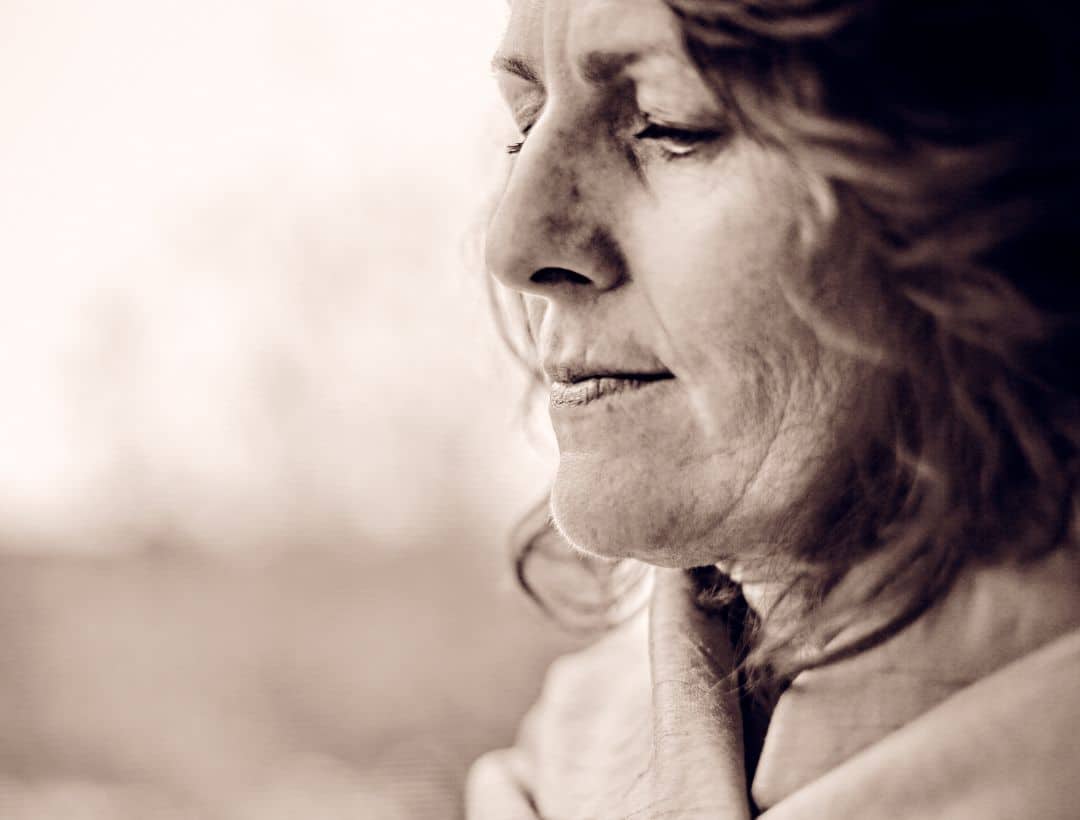


Kayla has noticed her mother has had a behavior change lately. She has not been leaving her room, neglecting loved ones, and skipping meals. If you recognize this behavior in your elderly family member, they may have depression. Depression is a normal part of the aging process and can affect anyone regardless of age, race, and gender. However, it is more likely to occur when other physical health conditions are present. According to Mental Health America, almost a quarter of 600,000 people who have had a stroke in a given year will experience clinical depression. Other factors such as increased social isolation and loss of a loved one can also affect your elderly family member and their mental health. It is necessary to recognize the causes and symptoms of depression so your loved one can get the help they need.
According to Help Guide, the following are common causes behind depression in older adults:
Kayla’s mother’s loss of contact with loved ones and derailing eating habits were what made Kayla notice something was wrong. However, there are many other symptoms of depression that you should pay attention to. Help Guide states the following are signs of depression:
Depressed seniors may also not feel sad. Sadness and depression have been figured to go hand and hand, but many depressed older adults claim they don’t feel sad at all. Instead, they may complain. Complaints around lack of energy, motivation, or physical problems are a symptom of depression in older adults.
Not only does the nature of depression interfere with people’s ability to seek help, but your loved one was also raised in a time where mental health was highly stigmatized and misunderstood, which can cause it to be more difficult for them to reach out for assistance. They may not believe in depression, feel too proud or ashamed to ask for help, or don’t want to seem like a burden.
If an older adult you care about is depressed, you can make a difference by offering emotional support. Instead of trying to fix their depression, listen to your loved one with patience and compassion. Don’t frustrate your loved one by criticizing expressed feelings, pointing out realities, or trying to give hope. You can also give support by making sure your loved one gets a proper diagnosis and appropriate treatment. Help them find a good doctor, give them company at appointments, and offer moral support.
You can help your elderly loved one combat depression by keeping them active and healthy. The following are ways to maintain their energy and watch out for them:
Depression can be hard to come to terms with but if you notice a change in behavior in your elderly loved one, don’t neglect the idea they may have depression. Keep an eye out for symptoms and make sure to give them the support they need.
1 +1 Cares is a referral agency that works for clients and caregivers. We match caregivers with clients and inform them of your requirements. We work for you so you and your loved one can have a safe, enjoyable caregiving experience. Get care for your loved one today!
